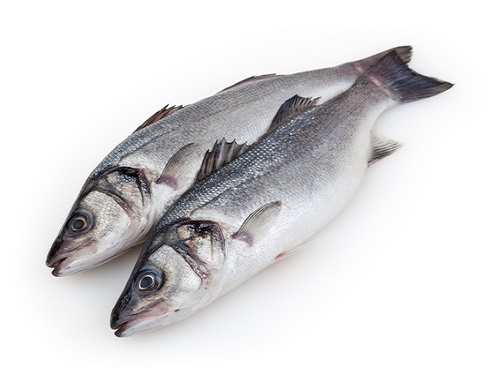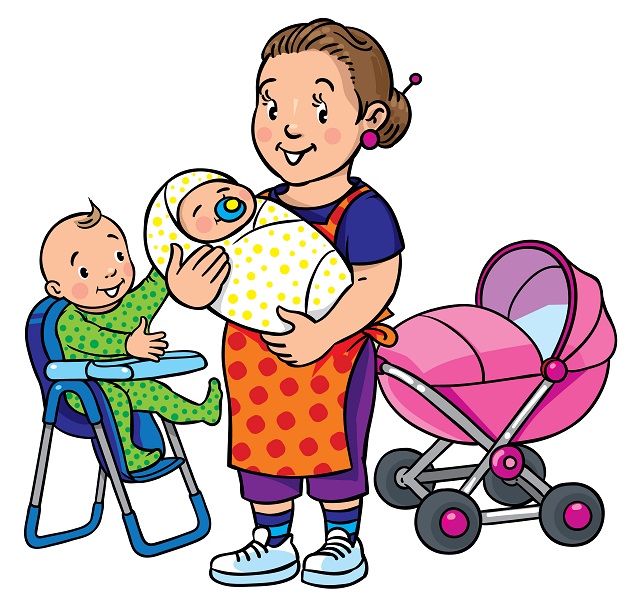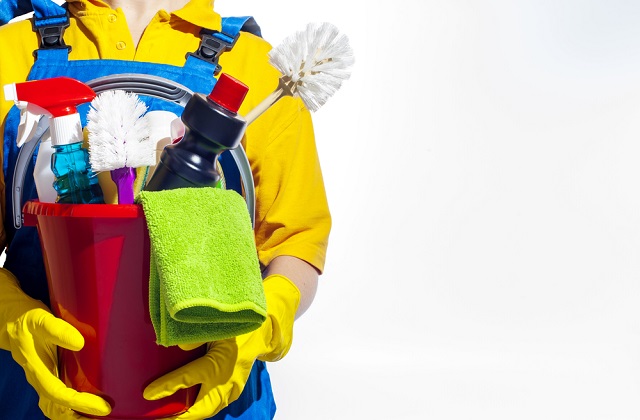Join our Facebook Group For 2022 SG Mummies to other mummies with same EDD.
Safe to Eat Seabass

Trying to conceive
It is safe to eat seabass while you are trying to conceive.
Like other seafood, this fish also contains mercury which can stay in the body for quite long and can harm the growth of the fetus. Couples should therefore limit the amount of consumption.
During Pregnancy
It is safe to eat seabass during pregnancy, but amount of consumption should be limited.
Seabass is a good source of fatty acids like docosahexaenoic acid (DHA) which promote the brain development of the growing fetus.
Vitamins like vitamin A, B, B6 and minerals like potassium, iron and zinc found in seabass are beneficial to the healthy development of the fetus and the expecting mother.
Due to concern of mercury which can harm the fetus, pregnant women should limit the amount of serving.
During Confinement
It is safe to eat seabass during confinement, but amount of consumption should be limited.
Seabass is a good source of protein which can help new mothers to recover.
Seabass is a good source of fatty acids like docosahexaenoic acid (DHA) which help to promote the brain development of the baby if new mothers are breatsfeeding.
Vitamins like vitamin A, B, B6 and minerals like potassium, iron and zinc found in seabass are beneficial to the recovery of the new mothers from birth delivery.
Due to concern of mercury which can harm the general health, new mothers should limit the amount of serving.
During Breastfeeding
It is safe to eat seabass while you are breastfeeding, but amount of consumption should be limited.
Seabass is a good source of protein which can give you energy.
Seabass is a good source of fatty acids like docosahexaenoic acid (DHA) which helps to promote the brain development of the baby.
Vitamins like vitamin A, B, B6 and minerals like potassium, iron and zinc are beneficial to the nursing mothers and the growing baby.
Due to concern of mercury which can harm the fetus, pregnant women should limit the amount of serving.
Four Months to Six Months Old Baby
It is better to avoid seabass due to concern of mercury found in seafood and allergy.
Seven Months to Nine Months Old Baby
It is better to avoid seabass due to concern of mercury found in seafood and allergy.
Ten Months to Twelve Months Old Baby
It is better to avoid seabass due to concern of mercury found in seafood and allergy.
One Year Old and Above Baby
It is safe to eat seabass, but amount of consumption should be limited.
Furthermore, parents should monitor children's reaction as some children may show allergic reaction to fish.
Seabass is a great source of protein, zinc and iron which are essential for development of the children.
Seabass also contain fatty acids like docosahexaenoic acid (DHA) which help to promote the brain development of the baby.
It also contains vitamins like A, B, B6, C and minerals likes potassium, iron, zinc, and magnesium which can benefit the children.
It is suggest to limit amount of consumption so that your children can be protected from the mercury which is usually found in seabass and many other seafood.






